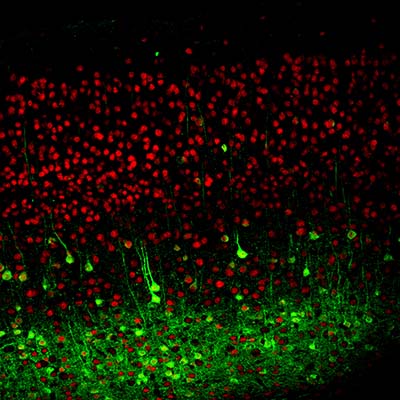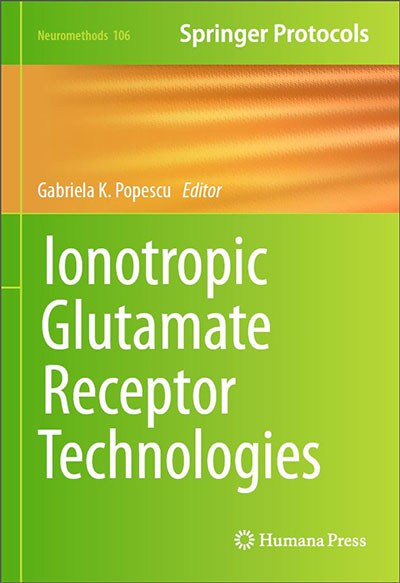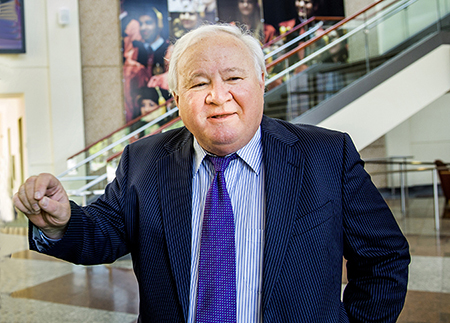May 19, 2015
Another class of Bridge students has completed its master’s projects and graduated, preparing to join the M.D. Class of 2019.
On May 12, at the annual Master of Science in Biomedical Sciences-Bridge to Clinical Medicine luncheon, the 13 students in the Bridge Class of 2014-15 summarized their research before a roomful of faculty members and soaked up praise for their three semesters of intensive work.
This program provides a bridge into medical school for promising, hand-picked students. They’re good candidates for practicing primary care with underserved or minority patients in rural or inner-city communities — because many come from such communities themselves.
Often, they hadn’t considered medical school until someone from the College of Medicine invited them to dream big and work hard. Now, having received their master’s diplomas May 16, they’re ready for med school.
Below are their names, the titles of their research projects and, in parentheses, the names of their faculty mentors.
- Nadiya Akhiyat. Parents’ Dietary Intake and Physical Activity: Initial Outcomes of a Community-based Youth Health Leadership Program. (Penny Ralston, Ph.D., & Iris Young-Clark, Ph.D., Research Faculty)
- Jared Barber. Use of Multiple Descriptors to Assess the Rurality of Medical Students. (Dan Van Durme, M.D., & Anthony Speights, M.D., Research Faculty)
- Karisa Brown. Using Smart Phone Accelerometers to Analyze Gait Patterns of Patients with Parkinson’s Disease. (Gerry Maitland, M.D., Research Faculty)
- Shelbi Brown. Aging, Physical Activity, and Autobiographical Memory. (Angelina Sutin, Ph.D., Research Faculty)
- Olenka Caffo. The Relationship Between Leptin and Cardiovascular Risk Factors in Midlife and Older African-Americans. (Penny Ralston, Ph.D., & Iris Young-Clark, Ph.D., Research Faculty)
- Zedeena Fisher. The Challenge to Diversify Academic Medicine: Is Tenure Relevant? (Kendall Campbell, M.D., & José E. Rodríguez, M.D., Research Faculty)
- Bryno Gay. Aging Stereotypes and Fitness in Older Adults: The Association with Cognition. (Antonio Terracciano, Ph.D.)
- Elizabeth Ichite. Faith-based Cognitive-Behavioral Intervention for Distressed African-American Dementia Caregivers: Analysis of Pilot Study In-Session Experiences. (Robert Glueckauf, Ph.D., & Michelle Kazmer, Ph.D., Research Faculty)
- Breanna Jameson. E-Cigarettes: Physician Knowledge and Patient Assessment Activity. (Gail Bellamy, Ph.D., Karen Geletko, MPH, & Karen Myers, RNP, Research Faculty)
- Oluremi Omotayo. Perinatal Depression: Risk Factors Associated with Adverse Birth Outcomes. (Heather Flynn, Ph.D., Research Faculty)
- Stephanie Rolon Rodriguez. Community Navigator Program Training: Addressing the Black Infant Mortality Disparity. (Joedrecka Brown Speights, M.D., Research Faculty)
- Martine Sainvilus. Changing African-American Adolescent Mental Health Knowledge and Attitudes with Educational Interventions. (Lisa Johnson, M.D., Research Faculty)
- Eric Walker. Faith-based Cognitive Behavioral Intervention for Depression in African-American Dementia Caregivers: Analysis of the Role of Spirituality. (Robert Glueckauf, Ph.D., & Michelle Kazmer, Ph.D., Research Faculty)




